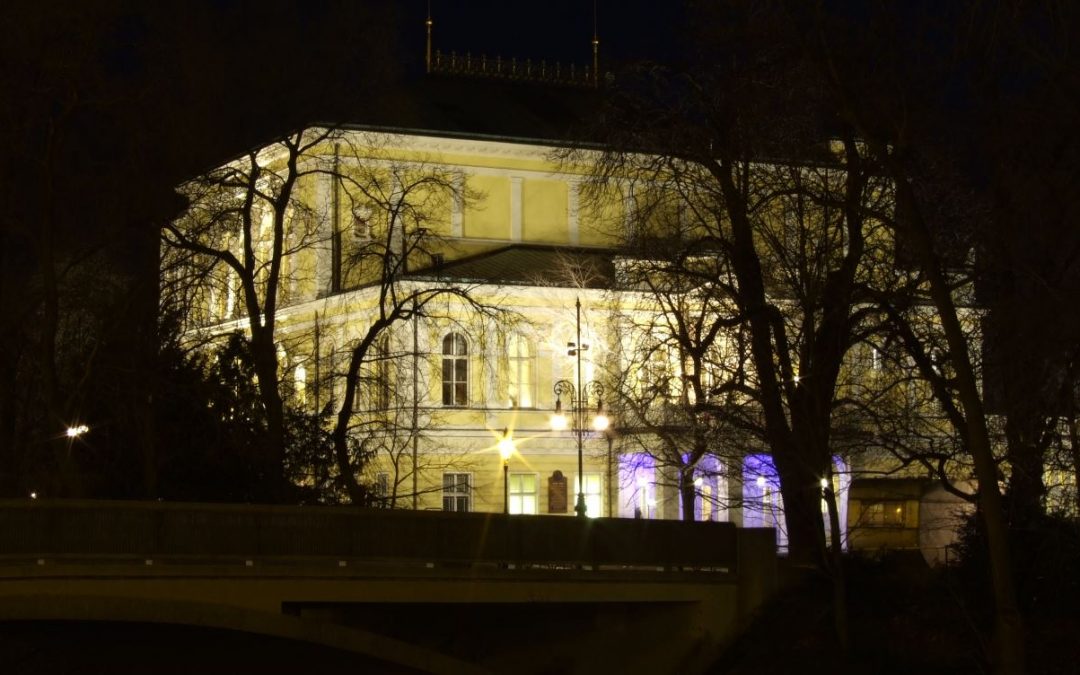A sunny, exciting and powerful masterpiece, this symphony is dedicated to the great Hans von Bülow in gratitude for that conductor’s championing of Dvořák’s orchestral works. Dvořák composed this symphony in just six weeks in 1875, at a fairly early stage in his musical life.
He had just applied for and received an Austrian Empire state grant; members of the judging committee awarding him the grant included his later mentor Johannes Brahms and the famed music critic Eduard Hanslick. Energized by the recognition, Dvořák embarked on a frenzy of composition, including a number of well-known chamber works as well as this symphony.
Although composed in 1875, it was only premiered in 1879 and published considerably later (1888), with a high opus number chosen by his music publisher. That said, this masterful symphony bears all of Dvořák’s hallmarks — rich lyricism, lush melodies, masterful development. The opening Allegro ma non troppo opens with a cheerful pastoral clarinet theme, taken up by winds and strings in turn; it is complemented by an introspective second theme introduced by the violins and oboe.
The slow second movement is soulful with a hint of melancholy, with sudden powerful outbursts from massed strings, winds and brass.
The lively third movement follows with almost no break. At first keeping the same mood of the slow movement, it transitions abruptly to a cheerful folk-like tune, with a lilting trio. The dramatic last movement opens with a powerful eruption from the lower strings, picked up in turn by winds and brass. Its harmonic tension is most unusual. It open in the key of A minor, and stays there for over 50 measures until the main theme makes its emphatic appearance in the main key of F major. A soaring second theme is introduced by the clarinet and second violin; both themes are developed extensively. The first movement theme reappears at the end, first in the high winds and horn, then stirringly in the trombone, before the symphony draws to its triumphant close.
Symphony No. 5 in F Major
Op. 76
Composed in 1875
By Antonin Dvorak






